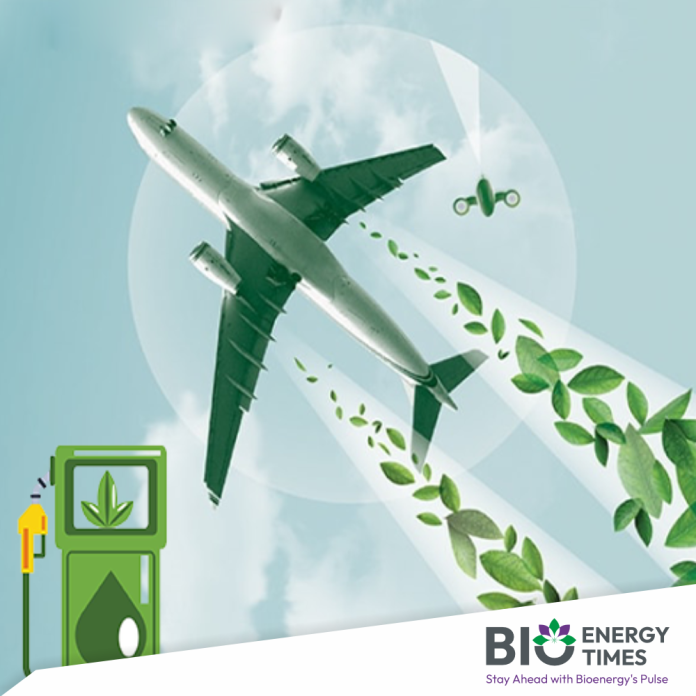The government is expected to introduce mandates for blending sustainable aviation fuel (SAF) with aviation turbine fuel (ATF) for domestic flights only after international mandates take effect in 2027, reported The Indian Express citing sources.
Officials have been developing a roadmap for the introduction of SAF in domestic flights, with indications that a blending mandate or recommendation could emerge in the next few years. However, due to the high production costs of biofuel and concerns from airlines about potential fuel price increases, the government is now considering implementing such mandates only from 2027 or later.
Last year, a committee on SAF formed by the Ministry of Petroleum and Natural Gas (MoPNG) submitted recommendations to the government. As per the media report, sources indicate that the panel suggested an initial SAF blending mandate of 1 percent starting in 2025, with gradual increases in subsequent years. At that time, senior officials from both the Ministry of Civil Aviation (MoCA) and MoPNG indicated that blending mandates could follow these recommendations.
“SAF is very costly due to its high technology and production expenses. It is not produced at scale yet. We believe it will take several years for costs to decrease as production ramps up both globally and in India. Airlines are also hesitant to support a mandate for domestic flights until costs stabilize and they gain experience with SAF-blended ATF in international flights. Thus, implementing it in 2027 or later seems more feasible,” said a government official who requested anonymity.
The year 2027 will be significant for global SAF adoption, as the International Civil Aviation Organization’s (ICAO) Carbon Offsetting and Reduction Scheme for International Aviation (CORSIA) will begin its mandatory phase. CORSIA requires airlines to offset any increase in carbon dioxide emissions beyond 2020 levels for international flights. Blending jet fuel with SAF is one method airlines can use to remain within allowable emission limits.
While India has not participated in the voluntary phases of CORSIA, it will need to comply with the mandatory phase starting in 2027. In line with CORSIA requirements, the National Biofuel Coordination Committee (NBCC) has established initial indicative targets for SAF blending with jet fuel from 2027, starting with international flights: 1 percent blending in 2027 and 2 percent in 2028.
Given that India is a price-sensitive aviation market where fuel comprises about 40 percent of airlines’ operational costs, carriers are particularly wary of any fuel price increases. It remains to be seen whether the government will provide support or incentives for airlines and SAF producers to make the fuel more affordable.
“High airfares are already a sensitive issue, and compelling airlines to use more expensive fuel in the near future could further inflate ticket prices. It would be prudent to wait and assess the actual cost implications of blending SAF with jet fuel,” noted another government official.
To read more about Sustainable Aviation Fuel Industry News, continue reading BioEnergyTimes.com















